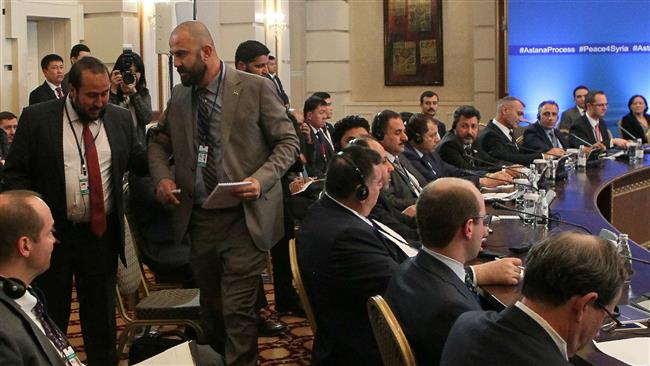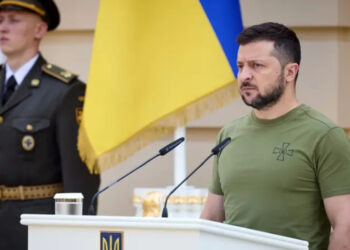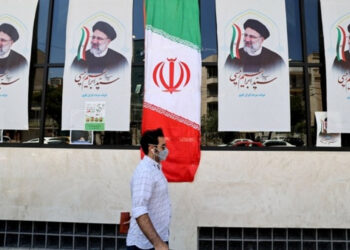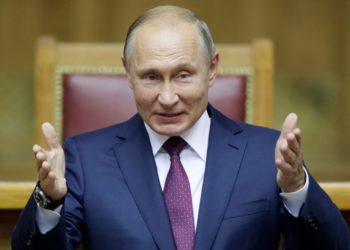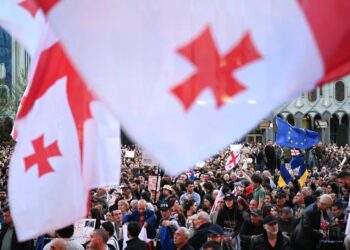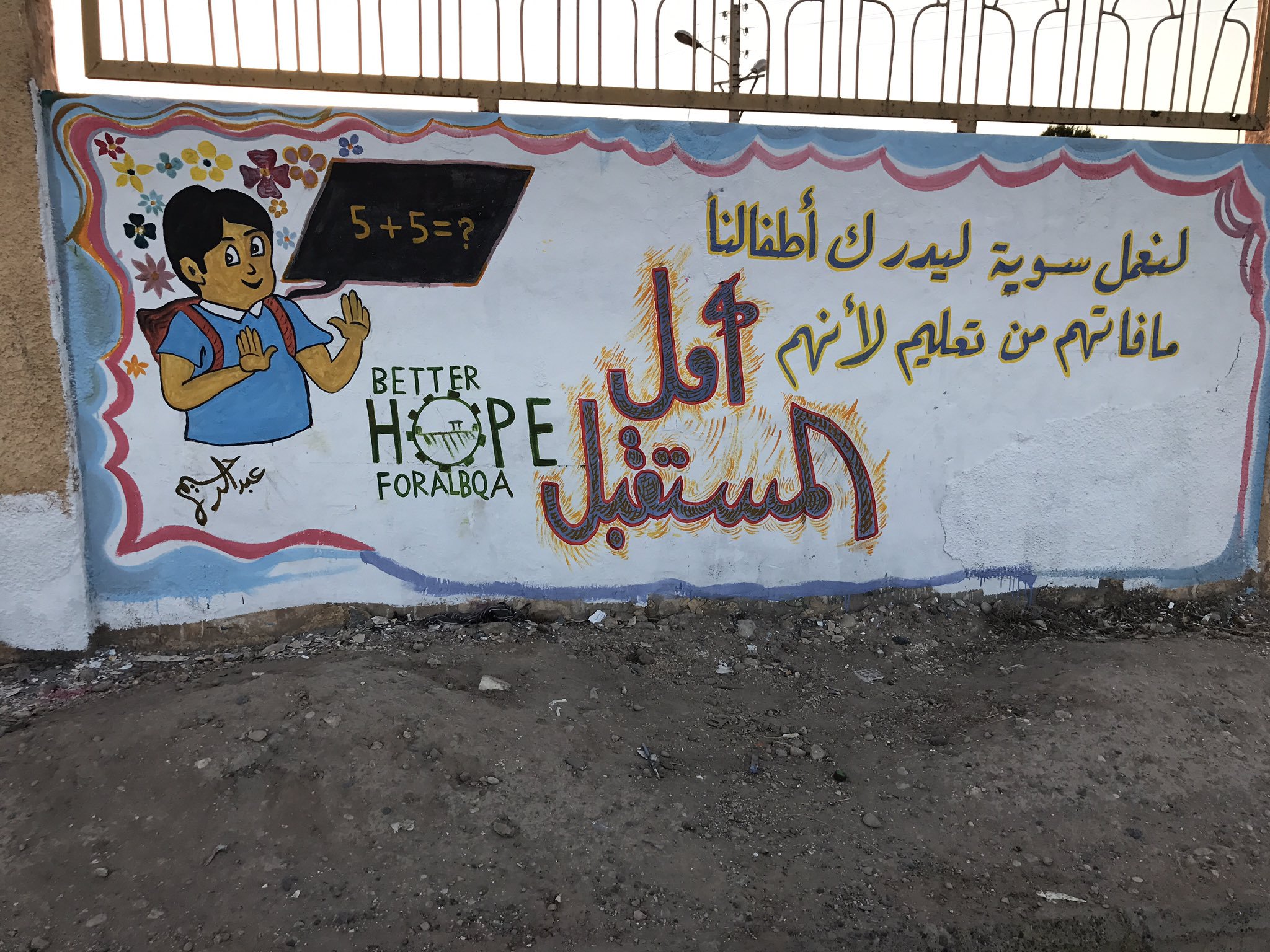Turkey, Russia and Iran are working to finalize an agreement on creation of four de-escalation zones in Syria, including a new one in the western province of Idlib, a senior Russian official told reporters on Thursday.
Experts from the three countries, senior diplomats and foreign ministers are working on the deal during the sixth round of talks in Astana, Kazakhstan, designed to resolve the prolonged Syrian conflict.
Alexander Lavrentiev, who leads the Russian delegation, told international media on Thursday that the three countries are on the verge of reaching the agreement.
“Our main task at this international meeting on Syria is to finalize and establish four de-escalation zones,” he said.
The protracted Syrian war has become a divisive element in international politics as it eluded numerous diplomatic efforts to arrest the carnage that consumed the Middle Eastern country and displaced nearly half of its population.
Astana negotiations, different in form from the U.N.-led Geneva talks between the Syrian government and opposition, still command attention, given the level of participation and the mediation role played by Turkey, Russia and Iran.
The three countries have high stakes in the conflict and are indispensable parties to any political settlement. The latest talks also involved representatives from the government in Damascus, including Syrian U.N. Ambassador Bashar Al Jafaari, and some rebel groups.
Diplomats from the U.S., Jordan and the U.N. were also present in Astana. U.N. Special Envoy for Syria Staffan de Mistura held separate talks with the parties.
In May, Turkey, Russia and Iran reached a deal for the creation of four de-escalation zones in Syria. According to the memorandum, three zones were established along the border with Jordan in the south, in eastern Ghouta and to the north of Homs. The fourth zone in Idlib is currently being negotiated.
Except for Idlib, the zones were established to reduce violence between warring sides, implement prisoner swap deals, lift sieges by rival parties on civilian population and evacuate civilians besieged in western Syria. The areas saw a reduction of violence, though hostile activities have not totally disappeared.
The U.S. has been supportive of the initiative. David Satterfield, the U.S. Acting Assistant Secretary of State for Near Eastern Affairs, led the U.S. delegation in Astana.
The State Department said Mr. Satterfield would reinforce U.S. support for all efforts to achieve sustainable de-escalation of violence and provision of unhindered humanitarian aid.
Russian Foreign Minister Sergei Lavrov set the formation of the fourth de-escalation zone in Idlib as the goal of the summit. Russia wants to deploy military police to monitor ceasefires and cessation of violence in the province once the de-escalation zone is formalized.
In the prelude to Astana talks, Mr. Lavrov visited Jordan and Saudi Arabia to secure their support for the scheme. Both countries backed the deal.
Since the outbreak of the Syrian conflict, Turkey has found itself at loggerheads with Russia and Iran. The sides have been backing opposing parties in the Syrian civil war, but other priorities and needs have forced them to work together.
The Astana talks have become a turning point for Turkey, which is now closely engaging its regional rivals to find a solution to the war in Syria.
The fall of the rebel-held Idlib province in hands of al-Qaeda-linked groups, including al-Nusra Front, forces Ankara to press for immediate action to contain any extremist spillover.
President Recep Tayyip Erdogan’s Spokesman Ibrahim Kalin said on Thursday that Turkey was ready to provide any assistance needed to establish the zone in Idlib.


